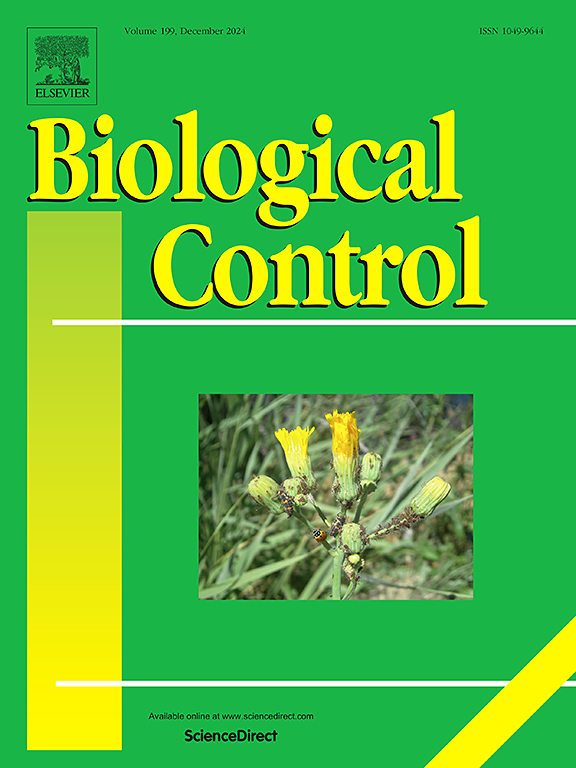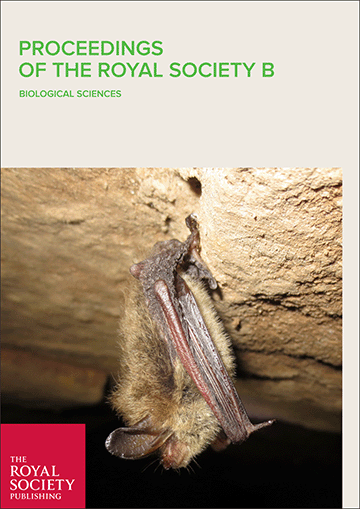In order to further understanding of the links between biological and cultural diversity, this study examined the role of forest species and biodiversity in the livelihoods of indigenous Bakweri villagers and migrants to the Mount Cameroon region. Surveys of resources consumed and sold by 118 households were undertaken in five villages over the course of one year. The contributions of different habitats and management systems (compounds, farms, fallow, forest) and species (native and introduced; cultivated and wild-harvested) to local livelihoods were evaluated. The study showed that indigenous households depend to a much greater extent upon a range of habitats and species than migrant households, particularly for subsistence. Indigenous resource management systems grow from historical relationships between people and place, and promote resilience, well-being and adaptation in an area long characterized by environmental, social, political, and economic uncertainty. The managed landscapes of indigenous villages can contribute to broader conservation efforts in the region, including those associated with the newly established Mount Cameroon National Park.
Download:
DOI:
https://doi.org/10.1505/146554811798293890
Altmetric score:
Dimensions Citation Count:

























